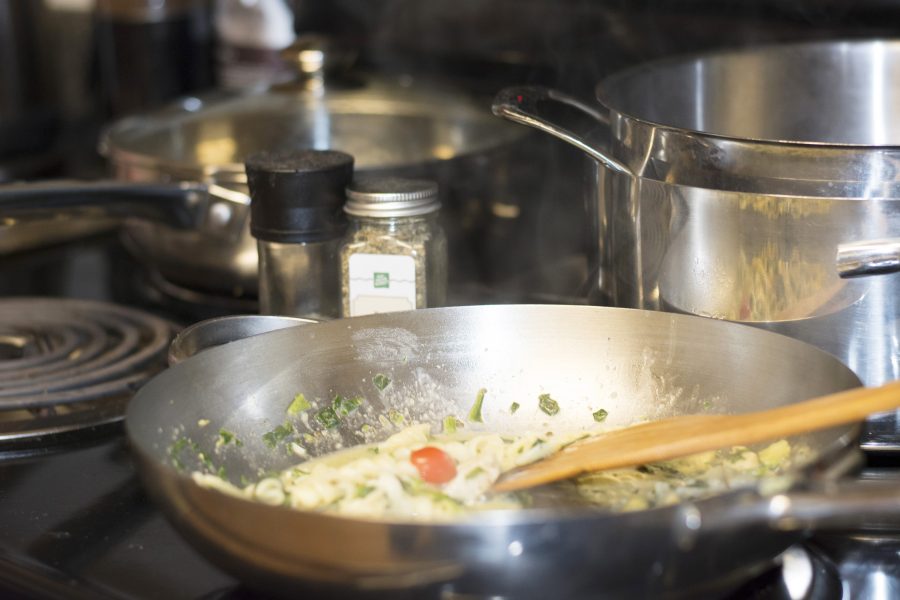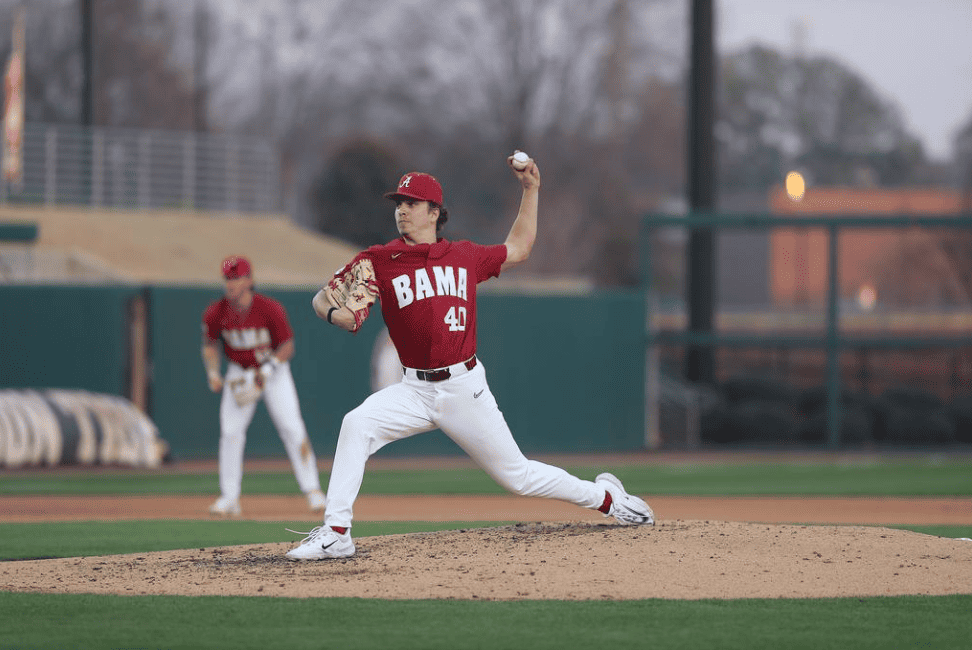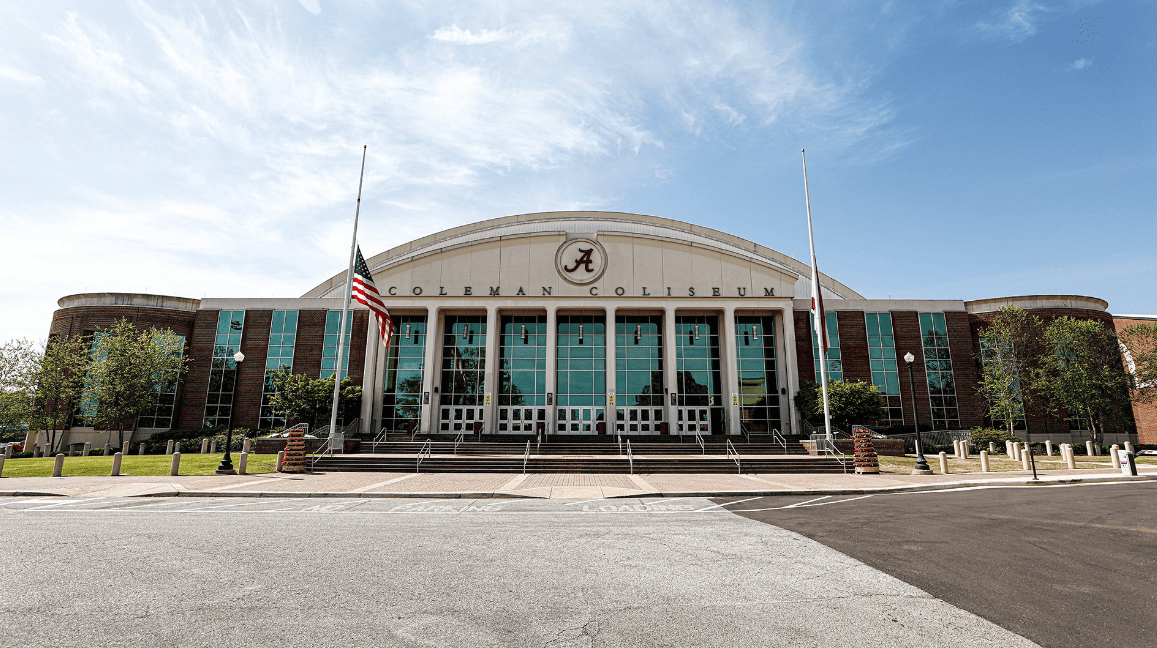The University of Alabama is filled with different concentrations for students to work toward, be it engineering, nursing or even business, but the lack of a culinary program is disheartening to some. In the College of Human Environmental Sciences, professors are trying to turn this around with food preparation courses, some of which are openly offered to all students at the University.
Lori Leavelle, a registered dietitian, teaches NHM 250, a basic food preparation course designed to teach students the fundamentals of cooking through a lecture class. Though the class is offered to any student interested, the course is required for those in the restaurant, food and beverage, hotel lodging and management concentrations to give them essential knowledge of food safety and basic preparation. In the lectures, Leavelle discusses recipes, various forms of cooking styles and more.
“We talk about all aspects of food,” Leavelle said. “We get the basic essentials for measuring and standardized recipes, and we execute them because every week students are going to a lab. … We have a variety of things they’re going to choose and a variety of cooking methods.”
The lab portion of the course allows students to get hands-on with their creations, giving them a multitude of cooking methods and recipes all centered around a theme. One week may be breakfast, while the next may be pastries or desserts. These themes give students freedom, within reason, to make the dishes they want to make and present them to the rest of the class.
“We go in – there’s like five or six different groups – and we all pick a different recipe,” said Shaylon Townsend, a sophomore majoring in restaurant and hotel management. “At the end, we all make our own thing and then bring it all together. Everyone gets to taste each group’s different meals.”
Townsend discussed the various dishes made throughout her semester in the class, including breakfast casserole, pizza, pasta salad and even lo mein. Each dish is served to other groups and ultimately graded based on the overall composition and taste, as judged by Leavelle.
“I’ve definitely learned some different recipes that I’ve never seen before and never would have tried on my own,” Townsend said. “I could always gain more knowledge on that.”
Leavelle believes students need a way to learn the essentials of food preparation, if only to give them the basics to ensure safety in the future. That being said, her time teaching the course hasn’t exactly gone off without a few kitchen mishaps.
“Most of the students that come into The University of Alabama have never cooked a day in their life,” Leavelle said. “A perfect example of this is this semester: we had one student who actually cooked her cookies on a serving tray.”
While Leavelle teaches a simpler food preparation class, there also exists a more scientific-based food course, NHM 253, which delves into the chemistry and composition of the food itself. The course deals with experimentation, testing food temperatures and breaking the food down to its basic structure.







